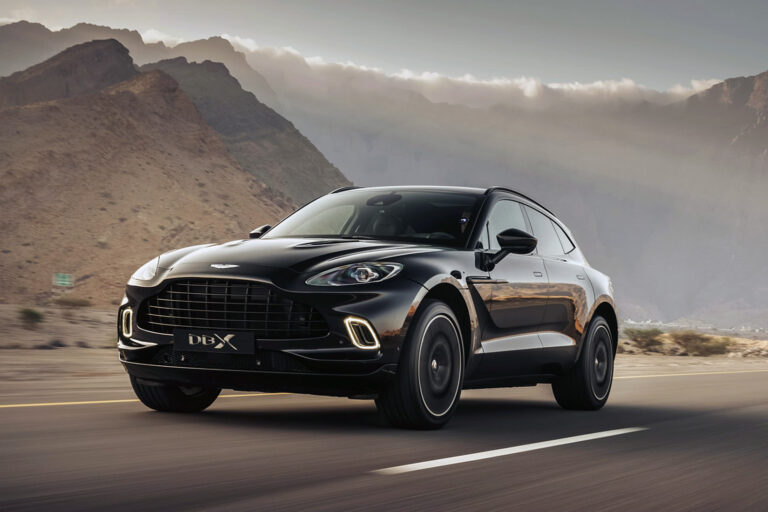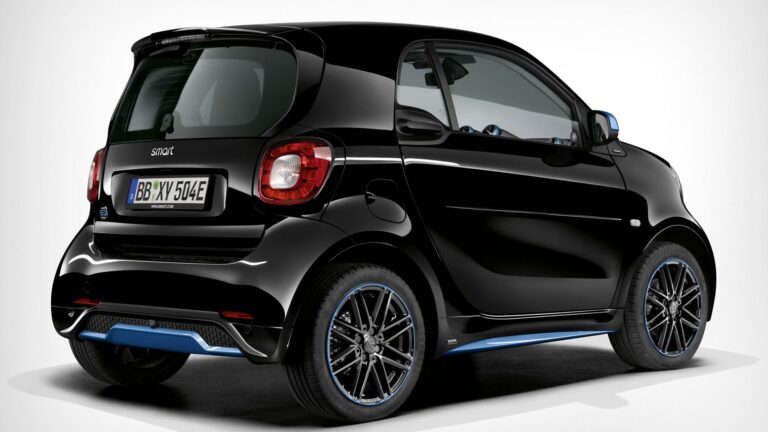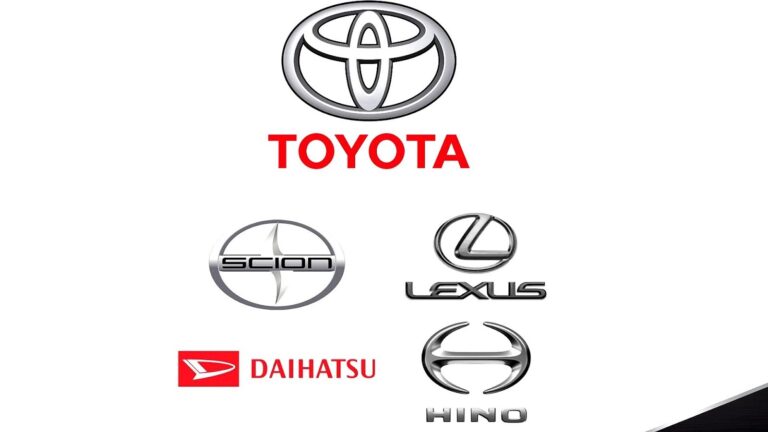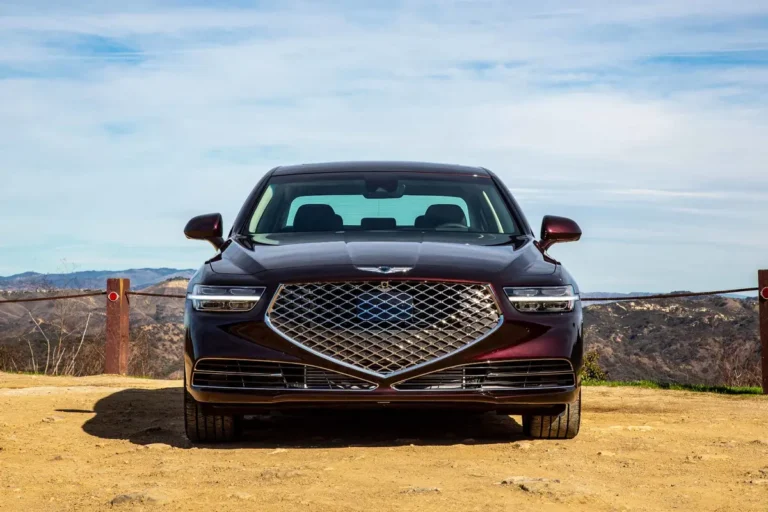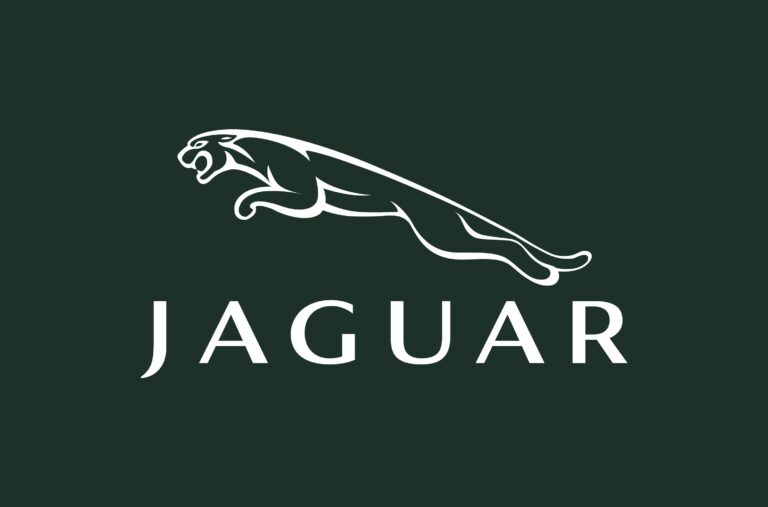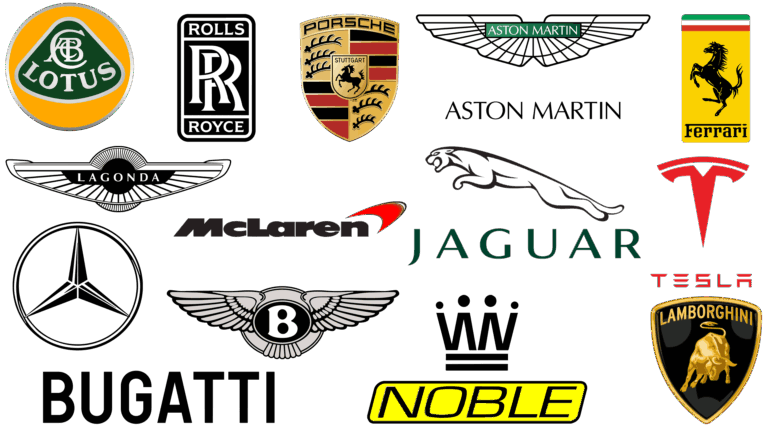Top Selling Luxury Car Brands In The World: A Comprehensive Guide to Automotive Excellence
Top Selling Luxury Car Brands In The World: A Comprehensive Guide to Automotive Excellence cars.truckstrend.com
The world of luxury automobiles is more than just about transportation; it’s a realm where engineering prowess meets exquisite craftsmanship, where heritage intertwines with cutting-edge innovation, and where a vehicle becomes an extension of one’s identity and aspirations. These aren’t just cars; they are statements of success, comfort, performance, and unparalleled prestige. Understanding the "top selling" luxury car brands goes beyond mere unit sales; it delves into market dominance, brand loyalty, technological leadership, and the ability to consistently capture the hearts and wallets of discerning customers globally.
In this comprehensive guide, we will explore what defines a top-selling luxury brand, delve into the titans that dominate this elite segment, analyze the factors behind their sustained success, and offer practical insights for anyone considering entering this exclusive automotive sphere.
Top Selling Luxury Car Brands In The World: A Comprehensive Guide to Automotive Excellence
The Anatomy of Luxury: What Defines a Top Selling Brand?
Before we identify the top players, it’s crucial to understand what truly defines a luxury car brand, especially one that achieves high sales volumes. It’s a multifaceted concept that extends far beyond a hefty price tag.
- Exquisite Craftsmanship and Materials: Luxury cars feature interiors meticulously crafted from premium materials like supple leather, genuine wood veneers, polished metals, and advanced composites. Attention to detail is paramount, from stitching patterns to panel gaps.
- Superior Performance and Engineering: This encompasses powerful, refined engines, sophisticated suspension systems for a smooth ride, precise handling, and advanced safety features. It’s about a seamless, exhilarating, yet controlled driving experience.
- Cutting-Edge Technology and Innovation: Luxury brands are often pioneers in automotive technology, introducing advanced infotainment systems, driver-assistance features, connectivity options, and groundbreaking powertrain solutions (including electrification).
- Brand Heritage and Image: A strong legacy built on decades of innovation, racing success, and iconic models contributes significantly to a brand’s allure and perceived value. The image projected by the brand – be it sportiness, elegance, or rugged capability – resonates deeply with its target audience.
- Exclusivity and Personalization: While "top selling" implies volume, luxury brands still offer a degree of exclusivity and extensive customization options, allowing owners to tailor their vehicles to their precise tastes.
- Unparalleled Customer Experience: This includes exceptional sales and after-sales service, concierge programs, exclusive events, and a focus on building long-term relationships with clients.

For a brand to be "top selling" in the luxury segment, it must successfully combine these elements with a robust global distribution network, effective marketing, and the ability to adapt to evolving market demands, such as the rapid shift towards electrification and sustainable practices.

The Titans of Luxury: Top Selling Brands by Global Presence and Influence
While exact sales figures fluctuate annually and can be influenced by various global factors (like supply chain disruptions), certain brands consistently lead the luxury automotive market in terms of volume, revenue, and market share. These are the stalwarts that have mastered the art of appealing to a broad yet discerning luxury clientele.
Here are some of the most prominent top-selling luxury car brands:
1. Mercedes-Benz (Germany)
- Ethos: "The Best or Nothing." Mercedes-Benz is synonymous with timeless elegance, unparalleled comfort, and pioneering automotive technology. It’s a brand deeply rooted in automotive history, often credited with inventing the automobile itself.
- Key Selling Points: Plush interiors, sophisticated ride quality, advanced MBUX infotainment system, extensive range from compact sedans to ultra-luxury S-Class and Maybach models, and a growing EV lineup (EQ series).
- Global Position: Consistently among the top global luxury sellers, often vying for the number one spot. Their strength lies in a comprehensive product portfolio appealing to various luxury segments.

2. BMW (Germany)
- Ethos: "The Ultimate Driving Machine." BMW is renowned for its dynamic driving experience, sporty performance, and driver-centric focus.
- Key Selling Points: Engaging driving dynamics, powerful engines, iconic kidney grille design, iDrive infotainment system, and a strong presence in the SUV (SAV) and performance (M series) segments. Their "i" sub-brand is leading their electric vehicle charge.
- Global Position: A fierce competitor to Mercedes-Benz, BMW often trades places at the top of the luxury sales charts. Their focus on driving pleasure resonates globally.
3. Audi (Germany)
- Ethos: "Vorsprung durch Technik" (Progress through Technology). Audi distinguishes itself with cutting-edge technology, sophisticated design, and its signature Quattro all-wheel-drive system.
- Key Selling Points: Sleek, minimalist interiors with advanced digital cockpits, superior build quality, quattro AWD for enhanced traction, and a strong push into electric vehicles with their e-tron lineup.
- Global Position: A strong third in the German luxury triumvirate, Audi holds significant market share, especially in tech-savvy markets.
4. Lexus (Japan)
- Ethos: "Experience Amazing." As Toyota’s luxury division, Lexus is celebrated for its exceptional reliability, refined comfort, impeccable build quality, and outstanding customer service.
- Key Selling Points: Serene and quiet cabins, highly dependable powertrains (often including efficient hybrids), distinctive design, and a strong emphasis on customer satisfaction and attention to detail.
- Global Position: A dominant force in North America and a strong contender in other Asian markets, Lexus offers a compelling alternative to the German brands, prioritizing refinement and reliability.
5. Porsche (Germany)
- Ethos: "There is no substitute." Porsche is synonymous with high-performance sports cars that are also surprisingly practical for daily driving.
- Key Selling Points: Legendary performance, precision engineering, iconic design (especially the 911), and a focus on driver engagement. Their expansion into SUVs (Cayenne, Macan) and now EVs (Taycan) has significantly boosted their sales volume without diluting their performance heritage.
- Global Position: While not matching the sheer volume of the "Big Three," Porsche dominates its niche and is highly profitable, making it a top-selling luxury performance brand with significant global influence.
6. Tesla (USA)
- Ethos: "Accelerating the world’s transition to sustainable energy." While not traditionally categorized as a "luxury" brand in the same vein as the Germans, Tesla’s Model S, Model X, and increasingly Model 3/Y, occupy a premium price point and offer high-tech, performance-oriented experiences that appeal to luxury buyers.
- Key Selling Points: Revolutionary electric powertrains, industry-leading battery range, advanced Autopilot/FSD capabilities, minimalist interior design dominated by large touchscreens, and over-the-air software updates.
- Global Position: Tesla has disrupted the entire automotive industry and has become a top seller in the premium/luxury EV segment, forcing traditional luxury brands to accelerate their electrification strategies.
Driving Factors Behind Success: Why These Brands Dominate
The sustained success of these top-selling luxury brands isn’t accidental. It’s the result of strategic planning, continuous innovation, and deep understanding of the luxury consumer.
- Innovation and Technology Leadership: From pioneering safety features to developing advanced hybrid and electric powertrains, these brands consistently lead in integrating cutting-edge technology. This includes intuitive infotainment systems, sophisticated driver-assistance suites, and seamless connectivity.
- Strong Brand Heritage and Emotional Connection: Decades of building iconic vehicles and participating in motorsport have created powerful brand narratives. Consumers often have an emotional connection to these brands, associating them with aspiration, success, and a certain lifestyle.
- Global Reach and Adaptability: These brands have established vast global sales and service networks, allowing them to cater to diverse cultural preferences and economic conditions. They are adept at localizing products and marketing messages.
- Exceptional Customer Experience: Beyond the vehicle itself, the luxury purchase and ownership experience are paramount. This includes personalized sales processes, white-glove delivery, concierge services, and efficient, premium after-sales support.
- Product Diversification: To capture broader market segments, these brands have expanded their lineups beyond traditional sedans and coupes to include a wide array of SUVs, performance models, and now, a full spectrum of electric vehicles. This strategy ensures they have a luxury offering for nearly every need.
- Quality and Reliability (Perception and Reality): While some brands are historically stronger in reliability (e.g., Lexus), all top-selling luxury brands strive for high quality in materials and assembly, which contributes to customer satisfaction and brand loyalty.
Important Considerations When Evaluating Luxury Car Brands
While the allure of a top-selling luxury car is strong, potential buyers should consider several practical aspects beyond initial appeal.
- Depreciation: Luxury cars generally depreciate faster than mass-market vehicles. Researching resale values for specific models is crucial.
- Maintenance and Running Costs: Premium parts, specialized service, and advanced technologies often translate to higher maintenance, insurance, and fuel/charging costs.
- Insurance Premiums: Due to higher replacement costs and performance capabilities, insurance for luxury vehicles can be significantly more expensive.
- Technological Obsolescence: While cutting-edge today, technology evolves rapidly. Consider how quickly certain features might become outdated.
- Personal Fit: Beyond brand prestige, evaluate which brand’s driving dynamics, comfort levels, interior design, and technological interface best suit your personal preferences and lifestyle.
- Sustainability Initiatives: As environmental concerns grow, many luxury brands are investing heavily in electrification and sustainable manufacturing. Consider a brand’s commitment to these areas if it aligns with your values.
The Future Landscape of Luxury Automotive
The luxury car market is undergoing a profound transformation, driven by technological advancements, changing consumer values, and global challenges.
- Electrification is Paramount: Every top-selling luxury brand is investing billions in electric vehicle platforms. The future of luxury is undoubtedly electric, with new EV models offering exhilarating performance, silent operation, and advanced tech.
- Autonomous Driving Capabilities: The race for higher levels of autonomous driving continues, with luxury brands leading the way in integrating sophisticated ADAS (Advanced Driver-Assistance Systems) that enhance safety and convenience.
- Hyper-Personalization and Bespoke Services: As mass production becomes more efficient, luxury brands will increasingly focus on offering unparalleled personalization options, from unique interior trims to bespoke paint colors, creating truly one-of-a-kind vehicles.
- Connectivity and Digital Ecosystems: Cars will become even more integrated into our digital lives, offering seamless connectivity, over-the-air updates, and new subscription-based services for features.
- New Entrants and Disruptors: While established players remain strong, new luxury EV brands (like Lucid Motors, Rivian in specific segments, and high-end Chinese EV makers) are emerging, challenging the status quo with fresh designs and innovative technologies.
Practical Advice and Actionable Insights for the Aspiring Luxury Car Owner
Choosing a luxury car is a significant investment. Here’s how to navigate the process:
- Define Your Priorities: Are you looking for ultimate comfort, thrilling performance, cutting-edge technology, or unparalleled reliability? Your priorities will narrow down the field.
- Research Extensively: Don’t rely solely on brand reputation. Look into specific models, read professional reviews, and check owner forums for real-world experiences regarding reliability, features, and common issues.
- Test Drive, Test Drive, Test Drive: Spend ample time behind the wheel of your top choices. Pay attention to driving dynamics, interior comfort, infotainment usability, and overall feel.
- Consider New vs. Used vs. Lease:
- New: Offers the latest tech, full warranty, and customization options. High initial depreciation.
- Used (Certified Pre-Owned – CPO): Offers significant savings on depreciation, often comes with a manufacturer-backed warranty, and provides access to models you might not afford new.
- Leasing: Lower monthly payments, predictable costs, and the ability to drive a new car every few years. Ideal if you like to upgrade frequently and don’t drive excessive mileage.
- Factor in Total Cost of Ownership: Beyond the purchase price, consider insurance, maintenance, fuel/charging, and potential repair costs. Get quotes for these items before committing.
- Evaluate Dealership Experience: The luxury car ownership experience begins at the dealership. Assess their customer service, knowledge, and after-sales support reputation.
Table of Top Selling Luxury Car Brands: Key Information
| Brand | Origin | Key Selling Proposition | Typical Price Range (Entry-Luxury) | Global Market Position |
|---|---|---|---|---|
| Mercedes-Benz | Germany | Elegance, Comfort, Prestige, Tech | $45,000 – $80,000+ | Consistently Top 2 Global Seller |
| BMW | Germany | Driving Dynamics, Sportiness, Tech | $43,000 – $75,000+ | Consistently Top 2 Global Seller |
| Audi | Germany | Design, Technology, AWD, Refinement | $40,000 – $70,000+ | Strong Global Top 3 Contender |
| Lexus | Japan | Reliability, Refinement, Service | $40,000 – $65,000+ | Dominant in North America, Strong Asia |
| Porsche | Germany | Performance, Heritage, Practicality | $65,000 – $100,000+ | Leader in Luxury Performance Segment |
| Tesla | USA | EV Technology, Performance, Software | $45,000 – $80,000+ | Leader in Premium EV Market |
Note: Price ranges are approximate for popular entry-to-mid-luxury models and can vary significantly based on trim, options, and region.
Frequently Asked Questions (FAQ)
Q1: What defines a "luxury car" beyond its price?
A1: A luxury car is defined by its superior craftsmanship, premium materials, advanced engineering, cutting-edge technology, exceptional performance, and an elevated customer experience that goes beyond standard automotive offerings.
Q2: Are luxury cars worth the extra cost?
A2: For many, yes. The value comes from the superior comfort, performance, safety, technological features, brand prestige, and often, the enhanced driving experience and ownership perks. However, they do come with higher running costs and faster depreciation.
Q3: Which luxury car brand is considered the most reliable?
A3: Lexus consistently ranks at or near the top for reliability in many consumer surveys, often attributed to its parent company Toyota’s engineering philosophy. However, all top luxury brands strive for high quality, and reliability can vary by specific model year and maintenance.
Q4: What’s the cheapest luxury car I can buy?
A4: Entry-level luxury sedans and SUVs from brands like Mercedes-Benz (A-Class, GLA), BMW (2 Series Gran Coupe, X1), Audi (A3, Q3), and Lexus (UX, IS) typically start in the low to mid-$40,000 range. However, options and higher trims quickly increase the price.
Q5: How is the rise of electric vehicles (EVs) impacting the luxury car market?
A5: EVs are profoundly impacting the luxury market. Traditional luxury brands are heavily investing in EV platforms, offering new models that compete directly with Tesla. EVs are seen as the future of luxury, combining silent operation, instant torque, and advanced tech.
Q6: Do luxury cars hold their value well?
A6: Generally, luxury cars tend to depreciate faster than many mass-market vehicles, especially in the first few years. However, certain high-demand models, limited editions, or performance vehicles (like some Porsches) can hold their value relatively well.
Concluding Summary
The world of top-selling luxury car brands is a dynamic and fascinating ecosystem, characterized by relentless innovation, unwavering commitment to quality, and a deep understanding of consumer desires. Brands like Mercedes-Benz, BMW, Audi, Lexus, Porsche, and Tesla continue to dominate by offering not just vehicles, but comprehensive experiences that blend performance, prestige, and cutting-edge technology.
As the automotive landscape evolves, particularly with the rapid shift towards electrification and autonomous capabilities, these titans of luxury will continue to redefine what it means to drive and own a premium vehicle. For the discerning buyer, understanding the unique strengths and value propositions of each brand is key to making an informed decision that aligns with their aspirations and practical needs, ensuring that their journey into luxury automotive ownership is as rewarding as the vehicles themselves.

